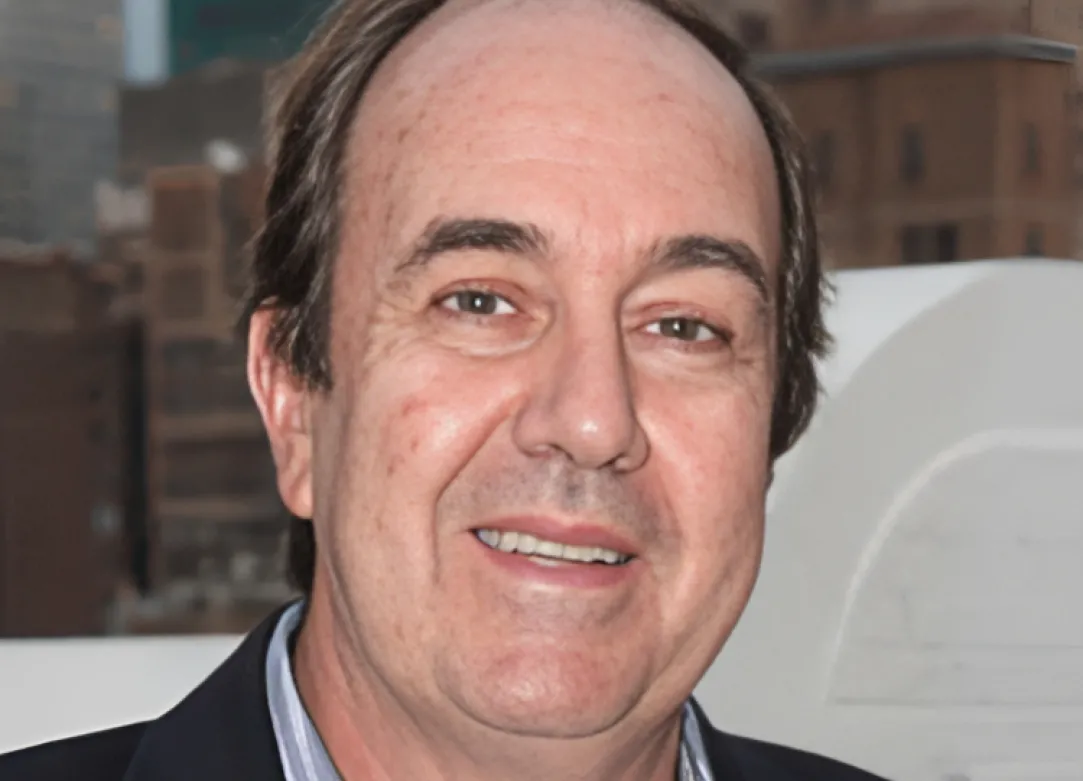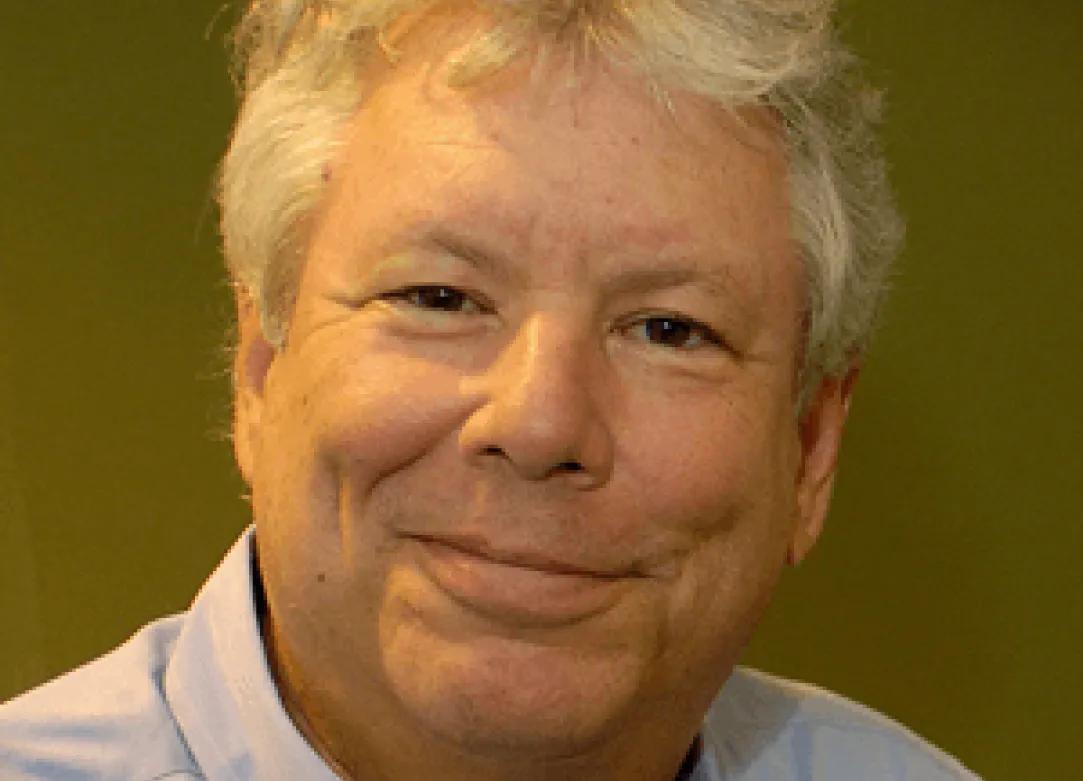Juan Carlos Varela is recognized as a leading promoter of dialogue and conciliation throughout the world. He is also recognized as one of the Presidents with the greatest achievements in Panama's history. He was born in Panama on December 12, 1963. He is an Industrial Engineer by profession, graduated from the Georgia Institute of Technology in the United States.
His career in the political arena dates back more than 20 years. He actively participated in Mireya Moscoso's first presidential campaign in 1994 and was also President of the Pan-amanian Party from 2006 to 2014.
In 2009 he was elected Vice President of the Republic of Panama and was also appointed Minister of Foreign Affairs. As Vice President, he successfully mediated several domestic conflicts and also suggested the creation of a Panama Metro Secretariat as an independent entity.
As Chancellor, he created the High Level Commission for the Defense of International and Financial Services (CANDSIF in Spanish), in charge of analyzing the challenges of the financial platform and international services. He also led the entire extradition process of former General Manuel Antonio Noriega. Together with the United States, he managed to implement the Trade Promotion Treaty and also signed an Agreement for the Exchange of Information on Immigration Alerts, a new legal framework that raised the security standards of the Panamanian logistics platform. In 2011, given complex situations faced by the President at that time, Ricardo Martinelli, Juan Carlos Varela resigned from his post as Minister of Foreign Affairs and became part of the opposition.
On May 5, 2014 he was elected President of the Republic of Panama. Since his election campaign, he committed to change politics from a business to a service, and also proposed social programs such as "Renovación Colón", "Barrios Seguros", "Techos de Esperanza", "Panamá Bilingüe" and many others. He has been the President who has built more dwellings in the history of the country.
Likewise, Juan Carlos Varela delivered emblematic projects such as the Instituto Técnico Superior Especializado (Specialized Advanced Technical Institute), focused on technical education for the jobs required by the Panamanian economy; the Centro Regional de Asistencia Humanitaria (Regional Center for Humanitarian Assistance), which offers the region and the world its logistical platform to immediately take care of countries that are affected by humanitarian crises or natural disasters. He actively promoted the electoral reform process, which contributed to the maintenance of a peaceful environment in the 2019 elections.
In terms of security, he positioned Panama as the fourth country with largest drug seizures at global level in 2018 and achieved a 35% decrease in the homicide rate compared to the 2014 figures, making this the lowest homicide rate in Panama for the last 15 years. He also focused on dismantling gangs and worked on important social reinsertion programs to promote loyalty to the State.
Juan Carlos Varela reinforced Panama's vocation as a country of dialogue and conciliation in 2015 by successfully holding the Summit of the Americas, which was attended by the 35 countries of the region, including the then Presidents of Cuba and the United States, Raul Castro and Barack Obama. During that Summit, more than 50 years of no contact between Cuba and the United States came to an end. He successfully faced the national crisis resulting from the publication of the so-called "Panama Papers" promoting laws that position Panama today as a country that meets the highest international standards in fiscal matters.
In the private sector, in his role as a businessman, he led the growth of the Varela Hermanos, S.A., a Panamanian company with more than 100 years of history and which has generated thousands of jobs. He served there as an Officer since 1985 and was executive vice president until January 2008. Thanks to his social vision, Varela supported and promoted projects in favor of culture, sports, education, folklore and the environment, from the private sector.
He has lectured at prestigious universities such as Harvard University, London School of Economics, Renmin University of the People's Republic of China, the Catholic University of Chile, INCAE and IPADE. In addition, he has been guest of honor for important organizations such as the World Economic Forum, the Konrad Adenauer Foundation, the Interamerican Dialogue, the Council of the Americas, Washington Economic Club and the Chinese Institute of Contemporary International Relations.



